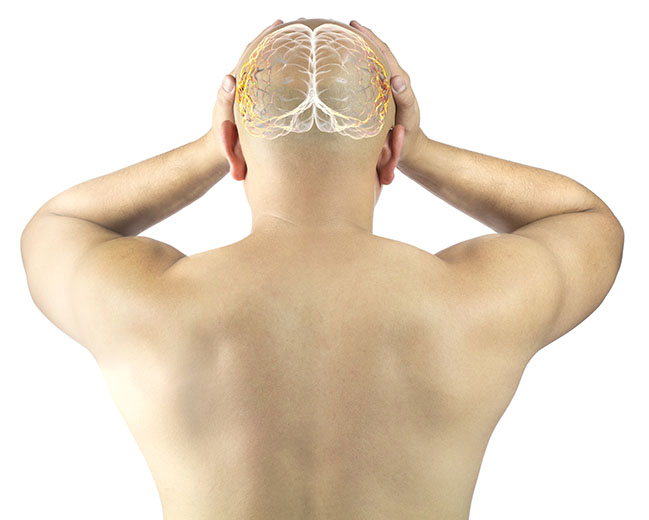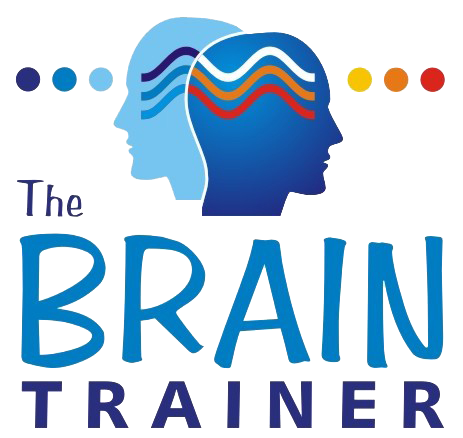.
WHAT IS NEUROFEEDBACK?
A Drug Free Alternative to better Well-Being
.
Neurofeedback for TRAUMATIC BRAIN INJURY
‘Traumatic Brain Injury’ (TBI) refers to brain injury caused by external force. TBIs are often categorised as mild, moderate or severe; however these categories refer to how long consciousness was lost at the time of the injury, and don’t necessarily relate to the severity of the symptoms experienced afterwards.
A variety of these symptoms can be improved through Neurofeedback training:
- Memory – often memory is restored after doing Neurofeedback training
- Mood swings – this calms down and emotions are much better regulated and behaviour is better controlled
- Speech improved – the areas associated with speech can be strengthened and improved
- Movement extended
- Reducing headaches
- And more
Neurofeedback works because the brain regulates each of those issues.

.
How does Neurofeedback work with TBI’s?
-
With brain injury, it is critically important to understand how the injury has impacted brain function overall.
-
At The Brain Trainer, we measure brain function with a quantitative EEG brain map, so that we can see the areas of the brain that have been negatively impacted by the injury…. language, memory, executive function, and motor function…. etc.
-
Once we see the source of the problem, we target that area for change through Neurofeedback brain training.
-
The external force that causes the injury either directly damages the brain by penetrating the skull, or rapid acceleration/deceleration and impact with the skull causes lesions (bruising) to the brain’s surface as it hits the uneven inner surface of the skull), or nerve cell fibres to be stretched, strained or torn; this damage may be microscopic but can still severely disrupt the regulation of the brain, and therefore impact brain function or behaviour.
-
Even so-called mild TBI can result in debilitating ‘post concussion syndrome’ symptoms including depression, ADHD-like symptoms, headaches, anxiety, fatigue, irritability, temper outbursts and aggression, memory problems, sleep disorders and sexual dysfunction, depending on which part of the brain was damaged.
-
Neurofeedback cannot repair physical damage to the brain’s physical structure, but it can use neuroplasticity to exercise and develop new neural pathways and restore brain function.
-
In the early stages after a traumatic brain injury, Neurofeedback can be helpful with the head pain that is often experienced, as well as with nausea, irritability, mental confusion, and sleep difficulties.
-
Over the longer term, Neurofeedback can be helpful with energy level, vigilance, effort fatigue, cognitive dysfunction traceable to the injury, sensory hypersensitivity, and executive function. Eventually memory function should recover as well.
 What is the evidence of Neurofeedback’s efficacy for TBI?
What is the evidence of Neurofeedback’s efficacy for TBI?
- Margaret Ayers was one of the early Neurofeedback practitioners to treat traumatic brain injury, treating hundreds of patients and achieving remarkable results particularly with recovery from coma in the 1980s.
- Dr. Jonathan Walker, a Dallas neurologist, observed significant improvement in 88% of a group of 26 patients with mild closed-head traumatic brain injury. Every one of them who had held a job prior to their injury was able to resume productive employment after Neurofeedback. These results were obtained with techniques that are now more than ten years old and significant improvements in training methods have been made within the last decade. The result is that head injury symptoms showing themselves to be resistant to remediation may be targeted more specifically.
- Journal of Head Trauma Rehabilitation 2002: Case studies to assess how EEG biofeedback could improve memory deficit problems as a result of brain injury. Improvements ranged from 68% to 181% in the group of patients with brain injury, as a result of the EEG biofeedback interventions.

